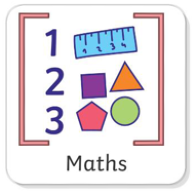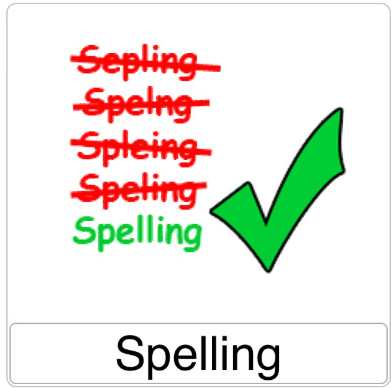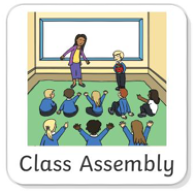Wednesday 15th October 2025
Complete these subtractions. Remember to rename if you need to.

RIC
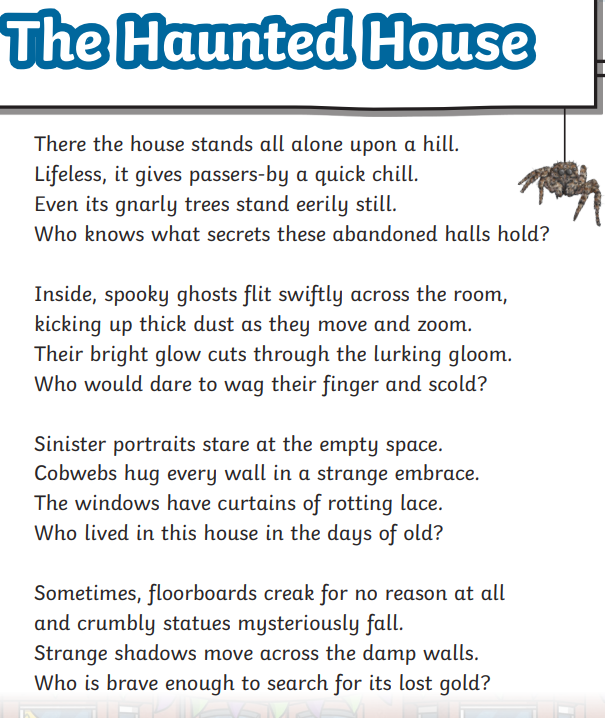
R: What happens to the statues?
I: How has the phrase for no reason at all created a feeling of spookiness?
C: What does the word abandoned mean?
Wednesday 15th October 2025
LC: To evaluate how specific information is organised within a non-fiction text.
We are going to revisit features of non fiction texts:
text boxes, sub-headings, contents, bullet points, glossary, diagrams.
copy of us2 e 016 all about text features powerpoint.pdf
Task: Read through different extracts of non- fiction texts and then write down what is the purpose of each one.
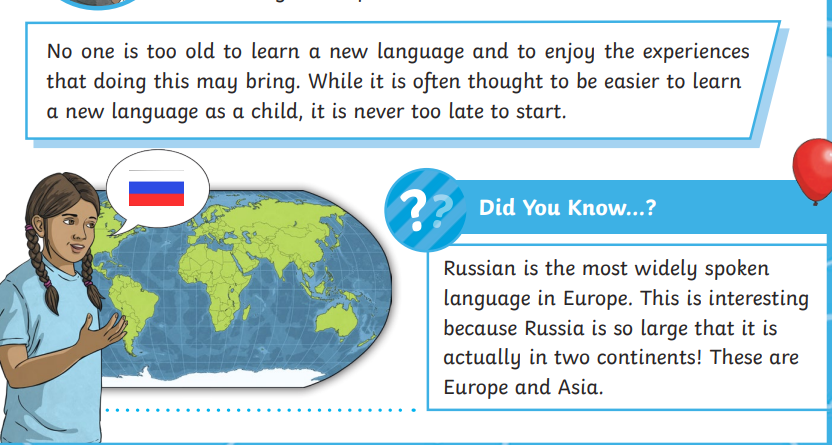
A Text box: used for....
This text box shows:

Sub-headings: used for....
This subheading is about:
Contents: used for...
This contents page is about:
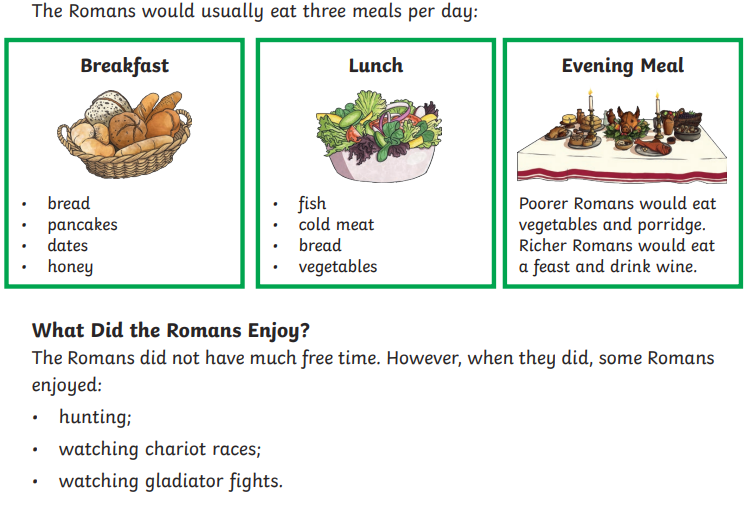
Bullet points: Used for
These bullet points are about:
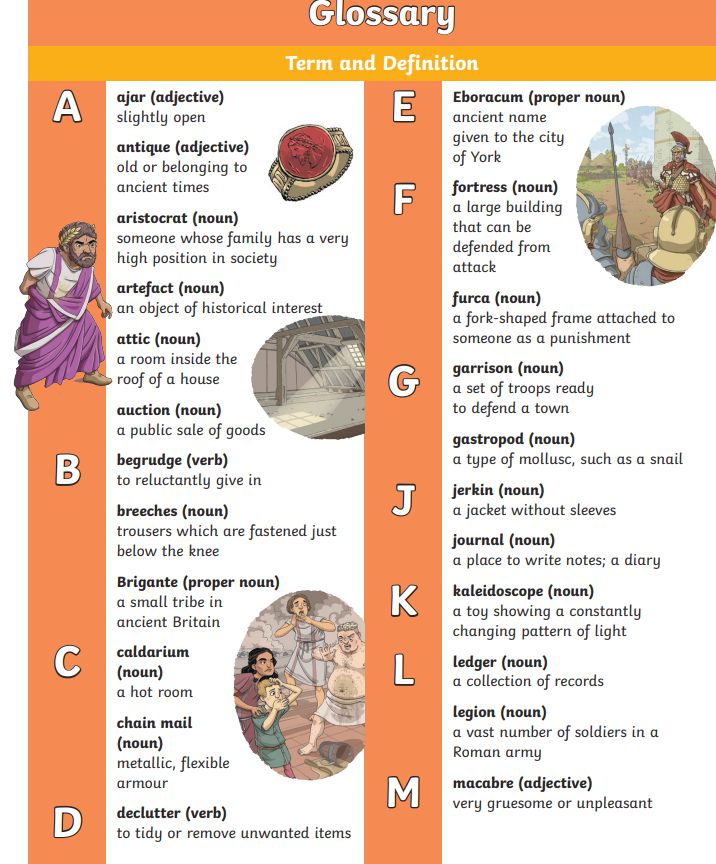
Glossary: used for:
This glossary is about:
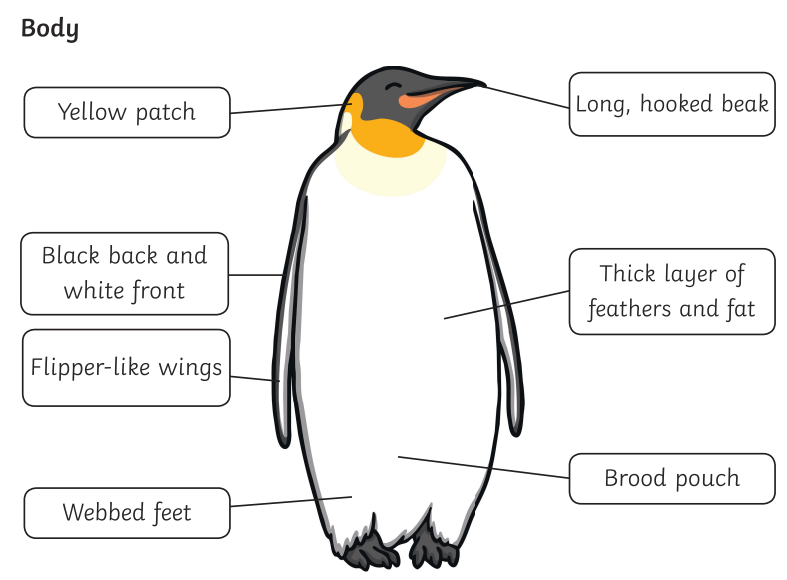
Diagram: used for:
This diagram is all about:
LC: Use inverted commas and other punctuation to indicate direct speech.
Collect and classify
Let's remember:
When we write speech, the reporting clause tells us who has spoken and how they said the words.
Speech followed by a reporting clause:
"I think she's taking us home," whispered Ishbel.
Reporting clause followed by speech:
Ishbel sighed, "I'm hungry. Are you hungry?"
Split speech with a reporting clause in the middle:
"I'm hungry," said Kenneth. Are you hungry?"
"Neither can I, said Ishbel, "and that great big monster is probably still under us right now!"
Omitted reporting clause:
She took the key from Kenneth. "I'll open the door. You stay safely back.
Can you find more examples in the familiar story below?
Wednesday 15th October 2025
LC: Use a model to create a character description.
My turn
What will I keep? What will I change?
Just then, giant circles began to appear and the water ….
Suddenly…
From beneath the waves, ….
What was it? Some kind of monster!
Its head looked like…
Its thick green neck, …
Its eyes…
whilst its wide nostrils…
Although it appeared threatening at first, the monster grinned and winked as it disappeared back into the depths of Loch Ness!
Your turn
Using what the teacher has modelled, write a description of the appearance of the new monster you have created.
15.10.25
LC: To subtract using mental strategies.
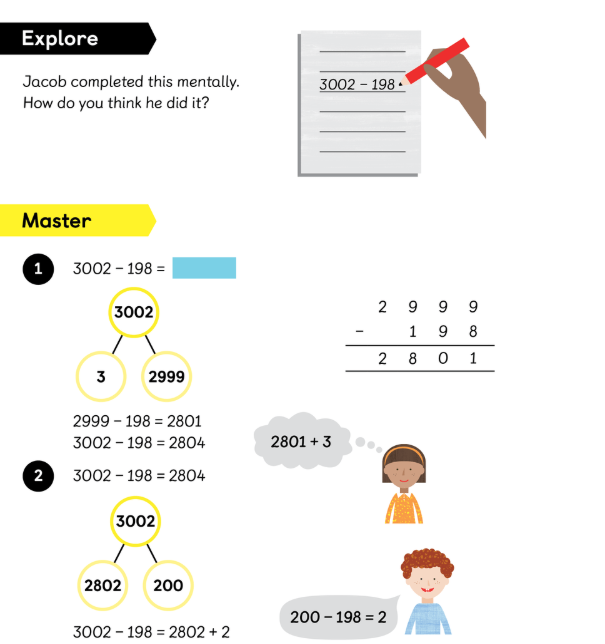
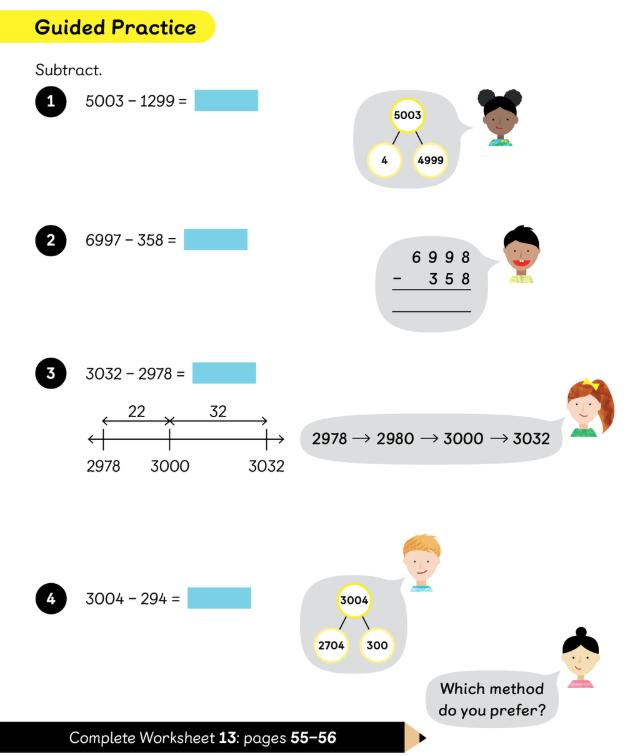
Wednesday 15th October 2025
Know the rules for adding the suffix 'ous' to words.
Review
Let's play Root Plus Suffix Equals.
Learning
The suffix -ous a 'full of'.
Adding the suffix -ous turns a noun into an adjective.
For example, if a food is described as poisonous, it means it is full of poison. If an area is described as mountainous, it means it is full of mountains.
My Turn, Your Turn:
poison poisonous mountain mountainous
In these examples, the -ous suffix is added with no change to the root words.
If the root word ends in e, the e is dropped before the -ous suffix is added:
nerve nervous
My Turn, Your Turn:
fame famous
continue continuous
The words below are an exception to this rule:
courage courageous
outrage outrageous
Even though the root word ends in e, the e is not dropped. The suffix is added with no change.
This is because the final e of the root word must be kept so that the soft sound of g is to be kept. There are not many examples of these words.
If the root word ends in y, t he -y is changed to an -i before the -ous suffix is added:
fury furious
My Turn, Your Turn:
glory glorious
victory victorious
Now, copycat read these words with me:
obvious
curious
hideous
Although these words have no obvious root, they all end in the suffix -ous, with an 'ee' sound immediately before it.
If there is an 'ee' sound before the -ous suffix, it is usually spelt as i, but a few words have e.
My Turn, Your Turn:
obvious
curious
serious
Practise
Add the suffix 'ous' to as many of these words as you can.
poison mountain danger hazard
adventure fame nerve study
fury mystery envy luxury







